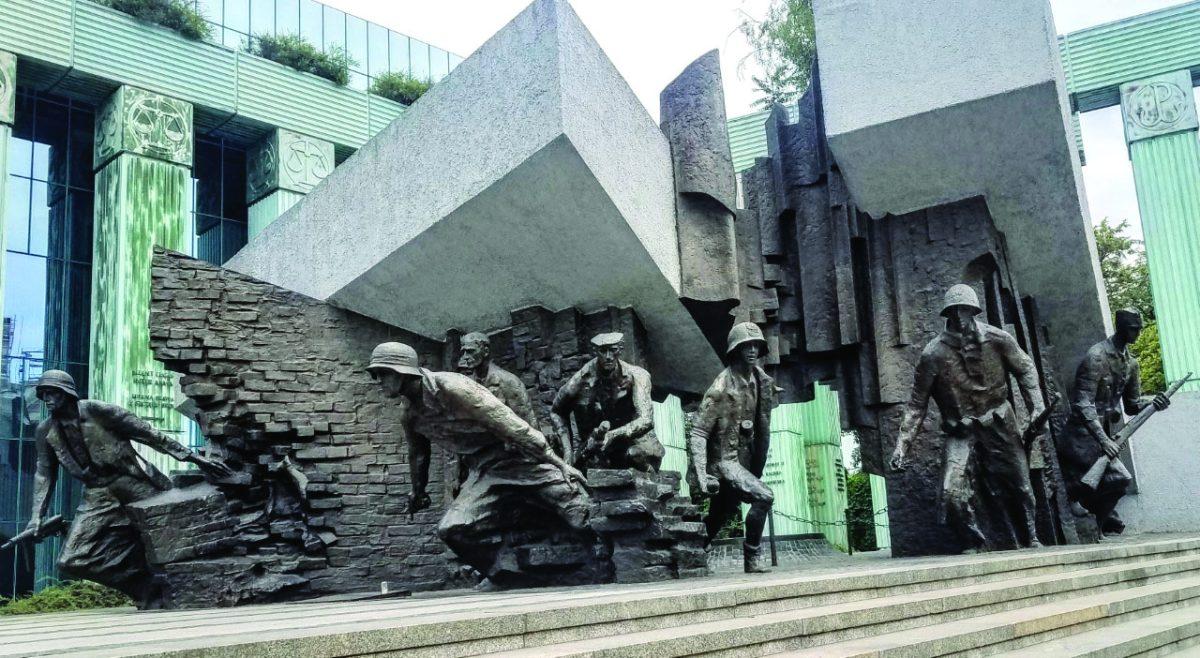Drake offers Heritage and Holocaust study abroad opportunity
BY CAMERON BOLTON
Drake University will be starting a Heritage and Holocaust study abroad this year.
The class will fly to Munich and travel to Warsaw, making several different stops along the way. The course is scheduled to take place during the summer of 2020 from May 19 to June 1.
The instructors for the course will be Dorothy Pisarski, associate professor of advertising, and Jarad Bernstein, director of communications.
“When I’ve taken students to Europe on past trips, I’ve always had a day to go to Auschwitz and Birkenau. And every time the students say that was the most important day of the whole trip,” said Pisarski, who has previously taken students to Europe, Asia and South America. “With that in mind, we started to say, why shouldn’t we have a trip like [Heritage and Holocaust]?”
Pisarski’s father was a Holocaust survivor and Bernstein’s grandfather was a U.S. soldier who liberated a concentration camp. Bernstein is also a former president of the Jewish federation of greater Des Moines and is still involved with the Jewish community.
The two trip leaders feel a responsibility and passion for making sure that the stories are told and retold and continue because there are important lessons to be learned from the Holocaust.
Pisarski says the class will be a mix of learning the history of the Holocaust by actually being at places where it took place and bringing many different facets together as the class has to focus on politics, sociology, religion, and many other things.
Pisarski also said that [she and Bernstein] need to determine what information people have and what misinformation people have and then go from there.
“So, some of these things you can learn from a book, going on the web, watching documentaries. If you’re lucky enough, meeting a survivor who has moved here,” Bernstein said. “All of those are possible, but there’s something when you take it the next step and travel to the places where the atrocities occurred. That brings it, the full picture, to life.”
Pisarski said that [she and Bernstein] are expecting students to have a different perspective on everything. Bernstein added that something as simple as traveling to another country with a group of fellow students in a class environment can be a positive experience for students. At a very base level, learning the history of the Holocaust in a very academic way, in a very personal way, that’s different from reading a book or going to a museum.
“And that can include questioning some previously held beliefs. It can include looking at the world at large and identifying other places in the world where atrocities are taking place now,” Pisarski said. “And exploring that through the lens of what did we learn or what are we ignoring from what we should have learned from the Holocaust.”







